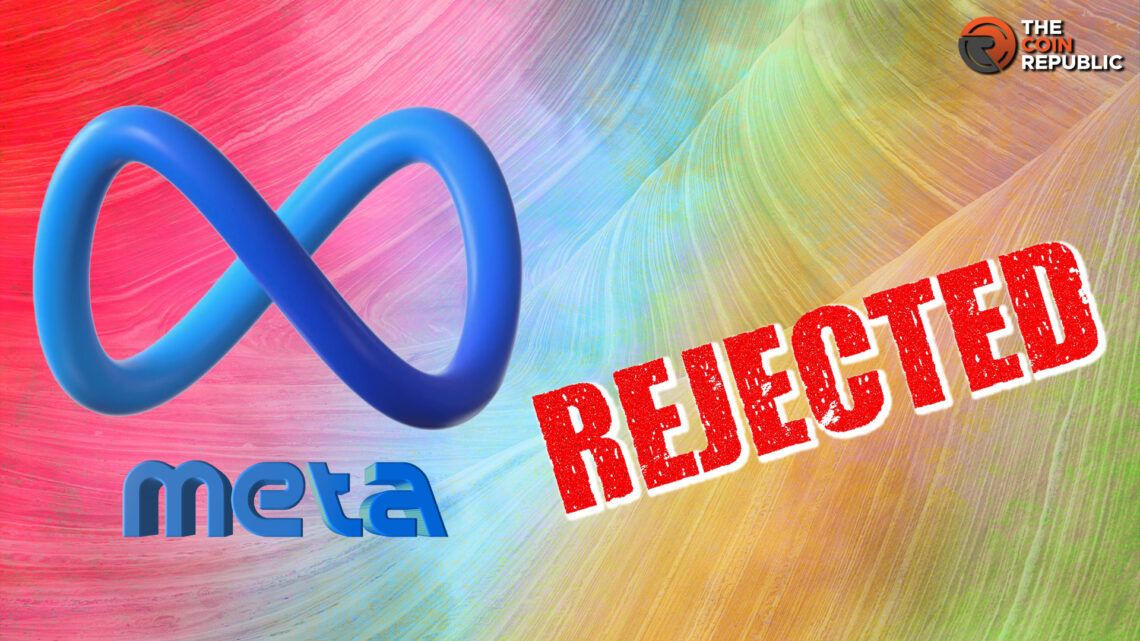- 1 Meta Platforms Inc., the parent company of Facebook, is accused of using the work of well-known authors.
- 2 Large Language Model Meta AI (LLaMA) is a new innovation of Meta to assist researchers in advancing their work.
Meta Platforms Inc., one of the giant players in the technological marketplace, is in danger. The platform is alleged to use the work of well-known authors to train its latest AI tool, LLaMA. LLaMA is a foundational model of Meta designed with the purpose of helping researchers improve their work in the field of AI. The model is accused of using copyrighted work for AI training.
What’s going on with LLaMA? Let’s explore the whole scenario.
What Actually Happened With the Authors?
Well-known authors, including Richard Kadrey, Christopher Golden, and Sarah Silverman, are a bit concerned about their work. All three writers allege that their work has been used in the training of the AI model, LLaMA.
“A massive amount of text is copied from different sources and fed in the model for training purposes”, stated the authors, as per the data of Cointelegraph.
Following the case, a lawsuit has been filed against Meta Platforms, Inc. The lawsuit alleges that Meta’s innovation financially benefited from the copyrighted work.
Are these allegations valid?
All three prominent authors come up with several reasons for accusing the new innovation of Meta. Information is extracted from the books by the authors to train the LLaMA model without any consent. In addition to this, the tool has also benefited from the non-commercial release.
“The information extracted from the books will influence all future work and Meta needs to bear responsibility for the same”, stated the authors.
The Response of Meta
In an interview with Cointelegraph, Meta denied all these allegations. “The training of LLaMA doesn’t involve any copyrighted material from popular books”, stated Meta.
Based on the recent report of Cointelegraph, on September 18, Meta requested a San Francisco federal judge to discharge all the claims made by Richard Kadrey, Christopher Golden, and Sarah Silverman. Meta argues that copyright law doesn’t include facts or information covered in the books.
Further, Meta stated that the information referred to is a very small part of the entire training dataset, and using text to train AI tools for language modeling resembles Google Books for its search tool.
Giving an example of Authors Guild v. Google, Inc., Meta responded that the practice constitutes fair use. As a response, Meta also called up individuals to examine the publicly available research papers of the LLaMA’s training for assurance.
The model was developed with the primary objective of helping students, researchers, and developers with research actions. Further, the LLaMA tool will be accessible to academic researchers or individuals connected with civil society, regulatory bodies, and academia.
Responding to the whole scenario, Jennifer Maisel, an intellectual property lawyer, advised individuals to examine the agreement with Meta to understand the terms and conditions used to train the new AI model. The advice will help the users mitigate third-party copyright infringement claims.
Conclusion
Popular authors including Richard Kadrey, Christopher Golden, and Sarah Silverman allege Meta used copyrighted work to train the AI model, LLaMA. Meta denied the allegation, stating the model was developed with the primary objectives of studying, developing, and researching and does not involve any unethical work.

With a background in journalism, Ritika Sharma has worked with many reputed media firms focusing on general news such as politics and crime. She joined The Coin Republic as a reporter for crypto, and found a great passion for cryptocurrency, Web3, NFTs and other digital assets. She spends a lot of time researching and delving deeper into these concepts around the clock, and is a strong advocate for women in STEM.


 Home
Home News
News










